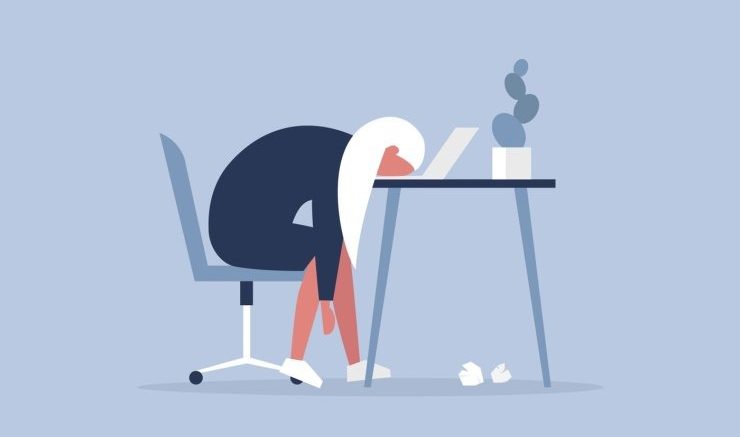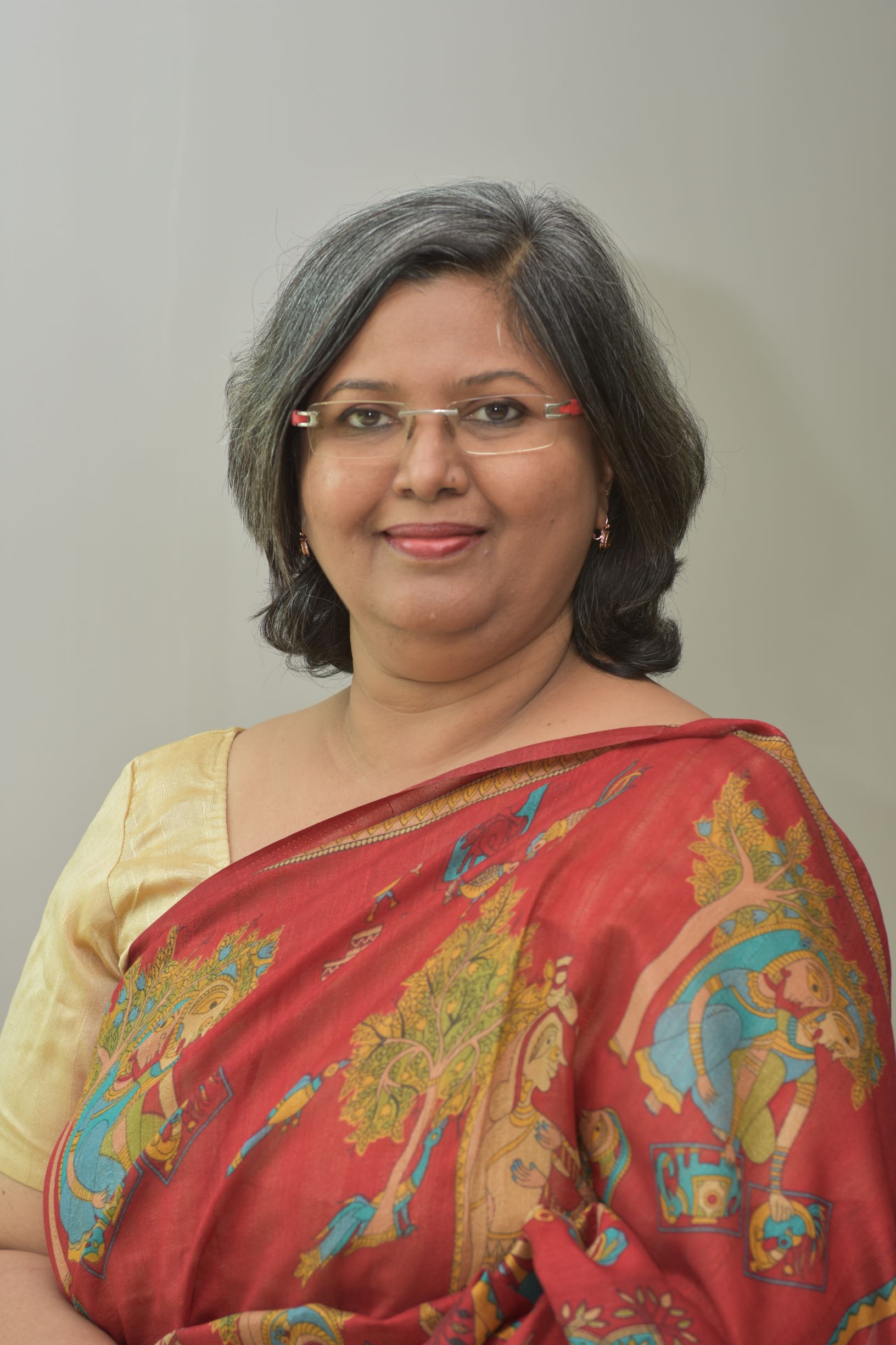What began as a big bang is likely to end as a damp squib. I am talking of work from home (WFH). When the lockdown was first announced almost everyone embraced it enthusiastically thinking they would enjoy working from home for the comfort it provides, the closeness it brings and the freedom from commute and traffic that was so obvious. However, six months down the line, WFH is turning out to be quite a new demon that now needs to be exorcised through various creative and innovative ways.
The reason being the toll it is taking on employees where work-life balance is required. An exponential increase in mental well-being issues is a case in point. Productivity levels are likely to be impacted going ahead as many of us start getting burnt-out and fatigued from virtually running from one call to another. Two days ago, I had a colleague mutter that he was in his chair for 8 hours non-stop. There was no time to even have lunch. Such a behavior is no longer seen as a sign of over-enthused worker or a workaholic.
Years ago, Sheryl Sandberg, Chief Operating Officer, FaceBook hit the headlines when she famously said that ‘There is no such thing as work-life balance”. Her best-seller ‘Lean In’ became a must read for all working women who were equally keen to embrace the mantras that the book espoused. In 2017, Sheryl in her commencement address to graduates of University of California, Berkeley, finally acknowledged how difficult it was to be both an accomplished professional and an engaged parent.
In 2014, Stew Friedman, Wharton professor, in his best-selling book, ‘Leading the Life You Want: Skills for Integrating Work and Life”, spoke of how misguided the metaphor ‘work-life balance’ has been and that it really presents a faulty choice.
“Work/life balance” is a misguided metaphor for grasping the relationship between work and the rest of life; the image of the scale forces you to think in terms of tradeoffs instead of the possibilities for harmony. And the idea that “work” competes with “life” ignores the more nuanced reality of our humanity. It ignores that “life” is actually the intersection and interaction of the four domains of work, home, community, and the private self.”
Stew’s approach to work-life balance does not negate the stress and conflict we all go through when we strive to achieve and do our best at work, at home, with the children and then in our interactions with our society. His approach emphasis on how harmony is possible. Work-life balance today has new dimensions attached to it.
Here is what we can all do to ensure that we do not allow ourselves to be sucked into this lockdown fatigue emanating from WFH.
Acknowledge
Do not brush away signs of tiredness and irritability. Often, we tend to ignore them accepting them to be a natural outcome of being engrossed in work. Acknowledge when you get tired. Talk to your manager. By acknowledging you take the first step towards healing your own life.
Listen to your body
Continuous fatigue can actually accelerate burnt-out. The human body is wired to sit at one place for certain time. So is our brain wired to function effectively for a few hours and it needs to rest and sleep before it can rejuvenate itself. By not listening to your body, you do more harm to it. Our body sends us continuous signals. Learn to listen to it more often. Go with your gut feel.
Break a leg
Short breaks and siestas can do wonders. Close your laptop. Look out of the window. Speak to family. Stretch. Do a phone call to gossip and not discuss work! There are really innumerable small ways one can change the mood and not get sucked in a circle of tiredness and irritation.
You do not have to lose sight of what you are doing but you can for sure do that better when you have a proper work-life balance with not just work but with your family, friends, children and society.
The views and opinions published here belong to the author and do not necessarily reflect the views and opinions of the publisher.



Be the first to comment on "The death and revival of work-life balance"